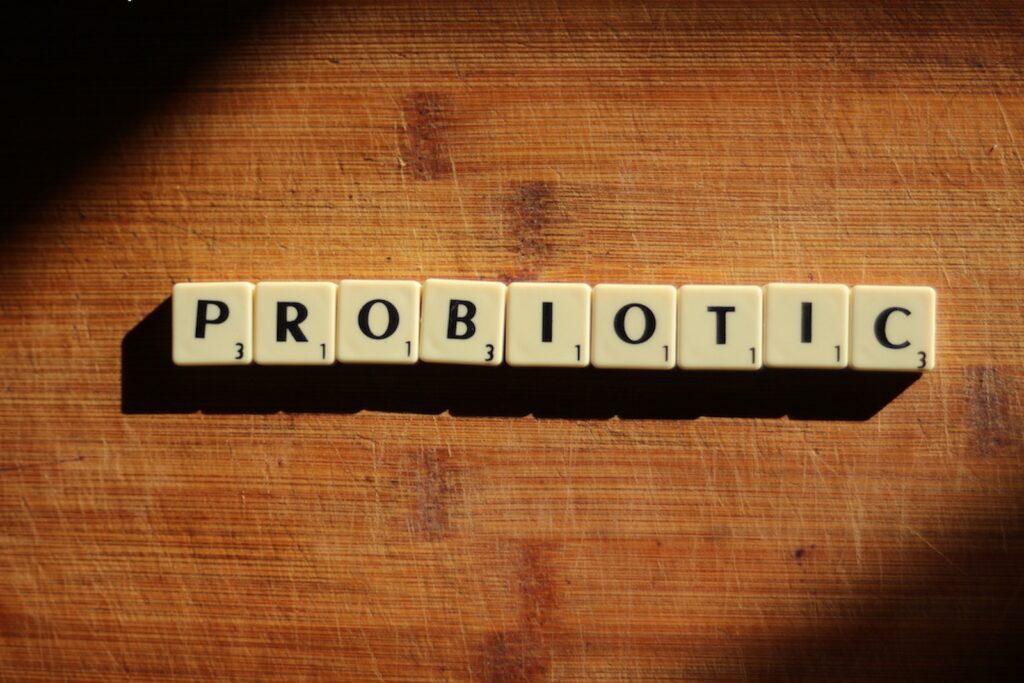Introduction: The Underappreciated Gut
Gut health might not be your first thought when considering overall wellness. Yet, this hidden ecosystem within us holds the key to our body’s functionality. Surprisingly, our bodies are home to approximately 100 trillion microorganisms, primarily in our gut!
Understanding the Gut: A Mini Ecosystem Within Us
The gut microbiome refers to the collection of microorganisms, including bacteria, viruses, and fungi, living in our digestive tract. This complex community plays a pivotal role in our health, impacting everything from digestion and nutrient absorption to immune function and even mental health. But, just like any ecosystem, balance is critical. This is where our powerful duo, probiotics, and prebiotics, come into play.

The Power Duo: Probiotics and Prebiotics
Often considered the “yin and yang” of gut health, probiotics and prebiotics work in unison. Probiotics are ‘beneficial’ bacteria that contribute to a healthy gut environment. Prebiotics, on the other hand, are dietary fibers that serve as food for these probiotics, helping them flourish. These two, working together, can bolster your gut health and, in turn, overall well-being.
Probiotics: The Good Guys of Your Gut
Probiotics, often called ‘friendly’ bacteria, live in our gut and help in digestion, nutrient absorption, and immune function. They can be found in fermented foods like yogurt, sauerkraut, and kimchi, as well as in dietary supplements. Multiple studies have shown that probiotics can aid in treating and preventing a range of conditions, from irritable bowel syndrome (IBS) to certain allergies.
Prebiotics: Fuel for Your Gut’s Allies
Prebiotics, the lesser-known counterpart of probiotics, play an equally important role. These non-digestible carbohydrates act as nourishment for probiotics. Foods rich in prebiotics include onions, garlic, bananas, and whole grains. Research suggests that a diet rich in prebiotics can improve gut health, enhance calcium absorption, and potentially decrease the risk of obesity.
How to Incorporate Probiotics and Prebiotics into Your Diet
Integrating probiotics and prebiotics into your diet isn’t as challenging as it might seem. Start by gradually increasing your intake of fermented foods, such as kefir or miso, for probiotics. For prebiotics, incorporate more fiber-rich fruits, vegetables, and whole grains into your meals. If needed, supplements are an option but should be considered a secondary choice to a balanced diet. Consult your healthcare provider before starting any supplement regimen.
Common Myths about Probiotics and Prebiotics
With the rise of gut health awareness, several misconceptions have also surfaced. A common myth is that all bacteria in our gut are harmful. But in reality, many are essential for our health. Another misconception is that probiotics and prebiotics are the same. As we’ve clarified, they are distinct but symbiotic elements of gut health.
The Future of Gut Health: What Research Says
Gut health research is a rapidly evolving field. Emerging studies hint at connections between the gut microbiome and conditions ranging from Alzheimer’s to obesity, hinting at the untapped potential of probiotics and prebiotics. One thing is clear: the significance of gut health can’t be understated, and the science supporting it is only getting stronger.
Conclusion: Embrace Your Gut
In conclusion, embracing gut health is vital for holistic well-being. From nourishing your body with probiotic and prebiotic-rich foods to debunking myths about
gut health, the journey to wellness begins with understanding and caring for this complex ecosystem within us. Let probiotics and prebiotics play their part in your health story, and remember, every small step toward better gut health is a leap toward improved overall health.
Invest in your gut, and your body will thank you. A balanced gut can lead to more than just comfortable digestion; it’s the foundation for a stronger immune system, a balanced mood, and a healthier life. In the sea of wellness advice, don’t let the importance of gut health get lost. It’s time to feed your gut what it needs and let your healthy habits flourish, creating a body where wellness isn’t just a goal—it’s a way of life.
Key Takeaways for a Healthier Gut
- Understand the Importance of Gut Health: Realize that gut health plays a crucial role in your overall well-being.
- Embrace the Power of Probiotics and Prebiotics: Recognize their individual roles and their collective impact on gut health.
- Incorporate Probiotics and Prebiotics into Your Diet: Include more fermented foods and fiber-rich fruits and vegetables in your diet.
- Debunk Myths: Not all bacteria are harmful, and probiotics and prebiotics are different but complementary aspects of gut health.
- Stay Updated on Gut Health Research: Emerging research continually enhances our understanding of gut health’s broader implications.
Our gut health journey is a continuous process of understanding, applying, and evolving. With each step, we come closer to a balanced life, for a healthier gut means a healthier you! Let’s take this first step together towards embracing the world within us—our gut, our health anchor.

